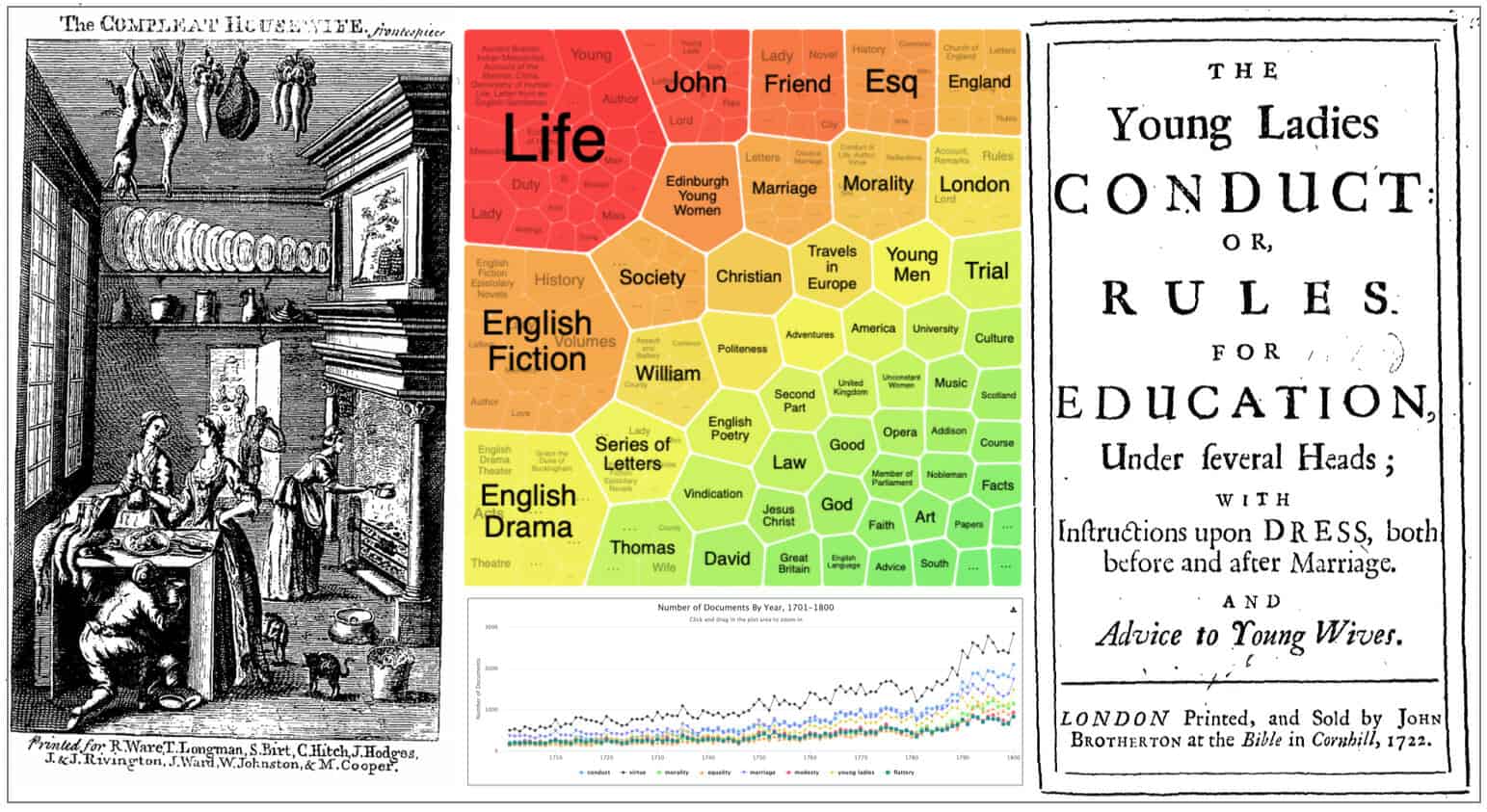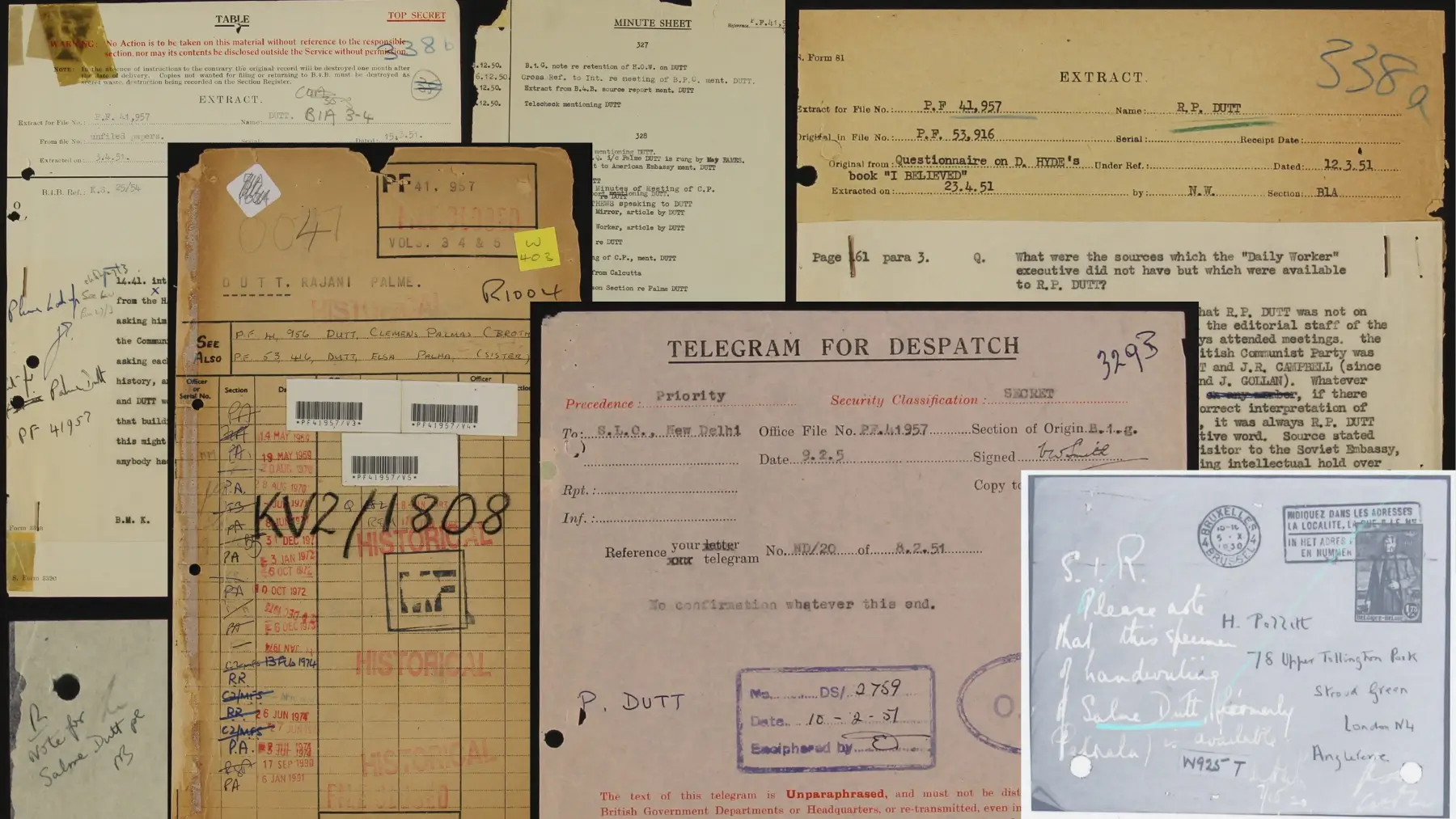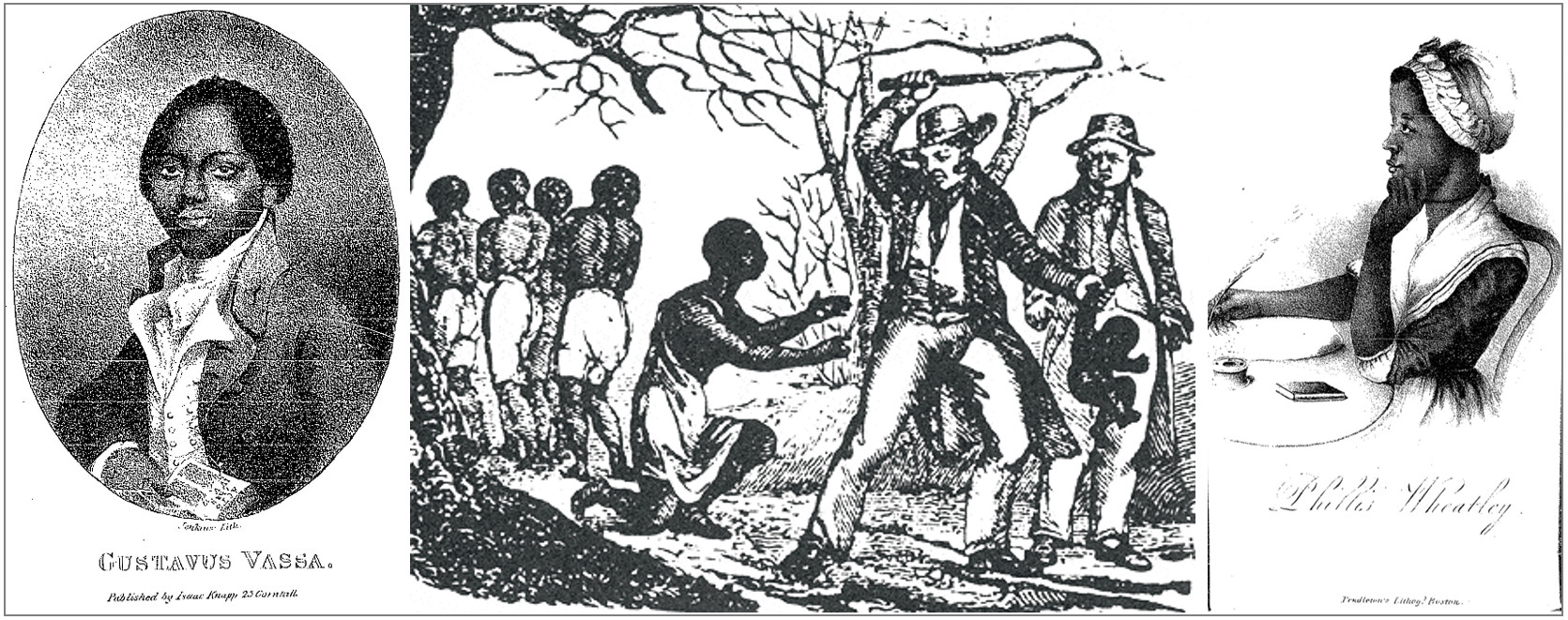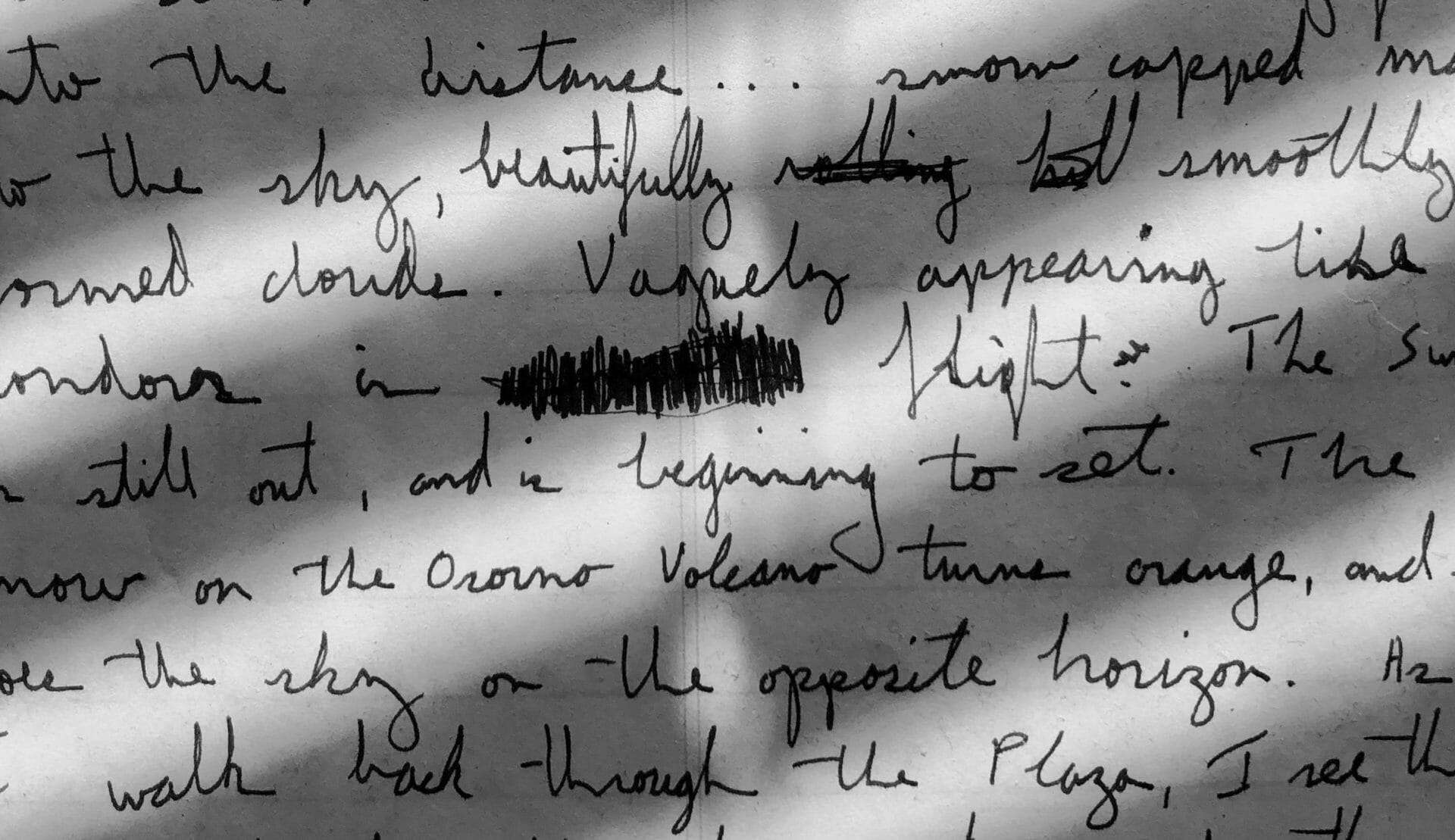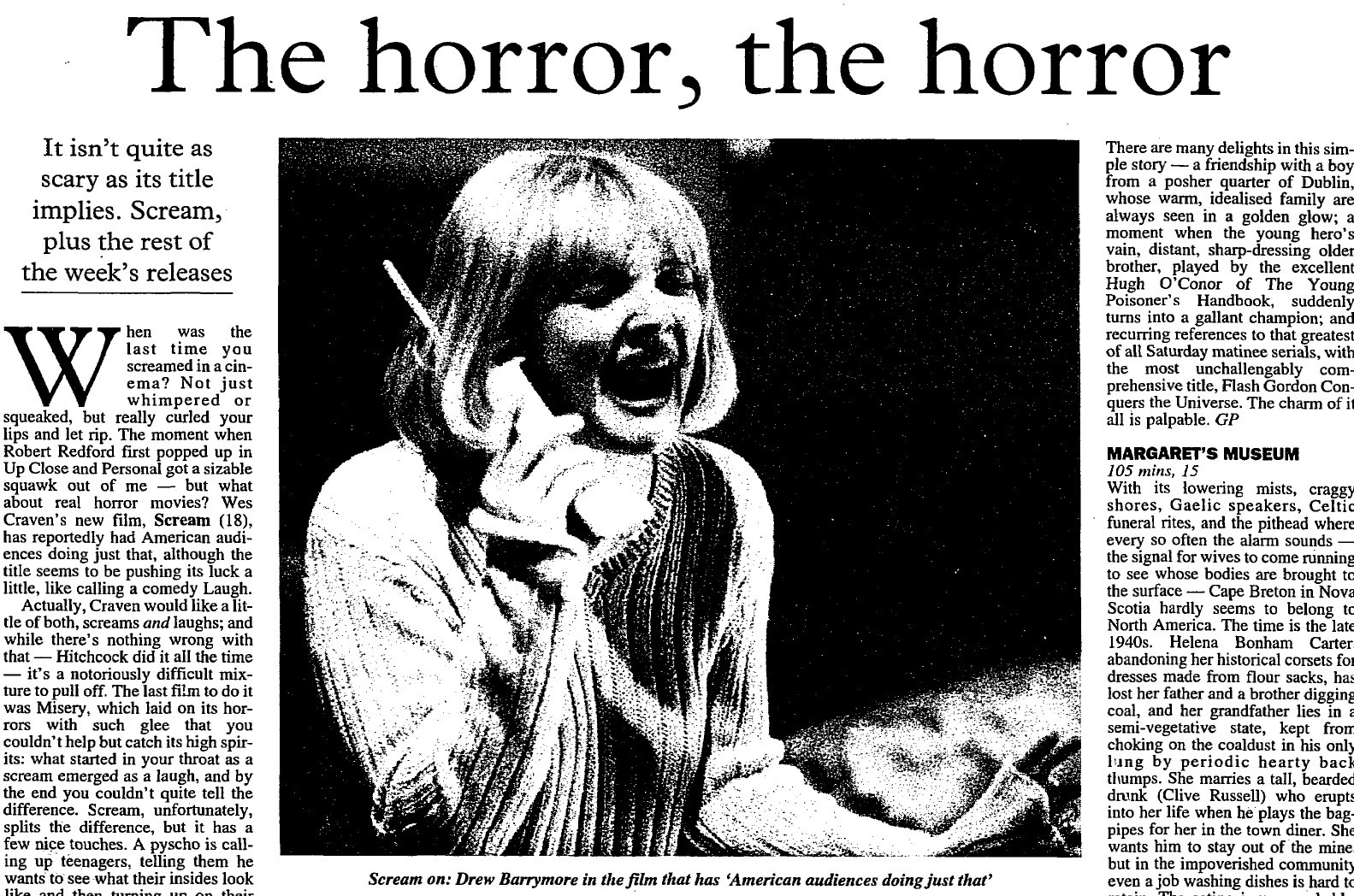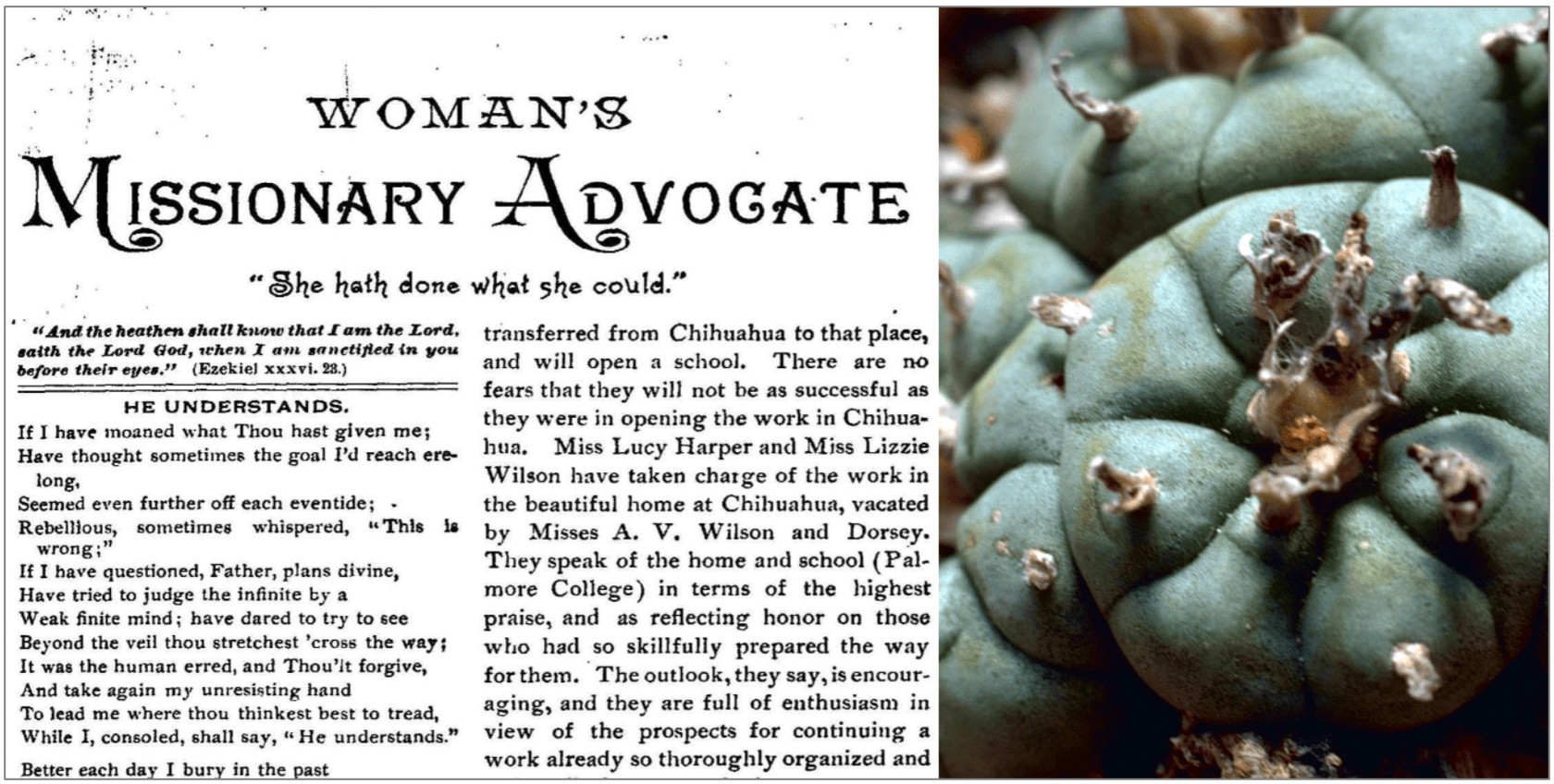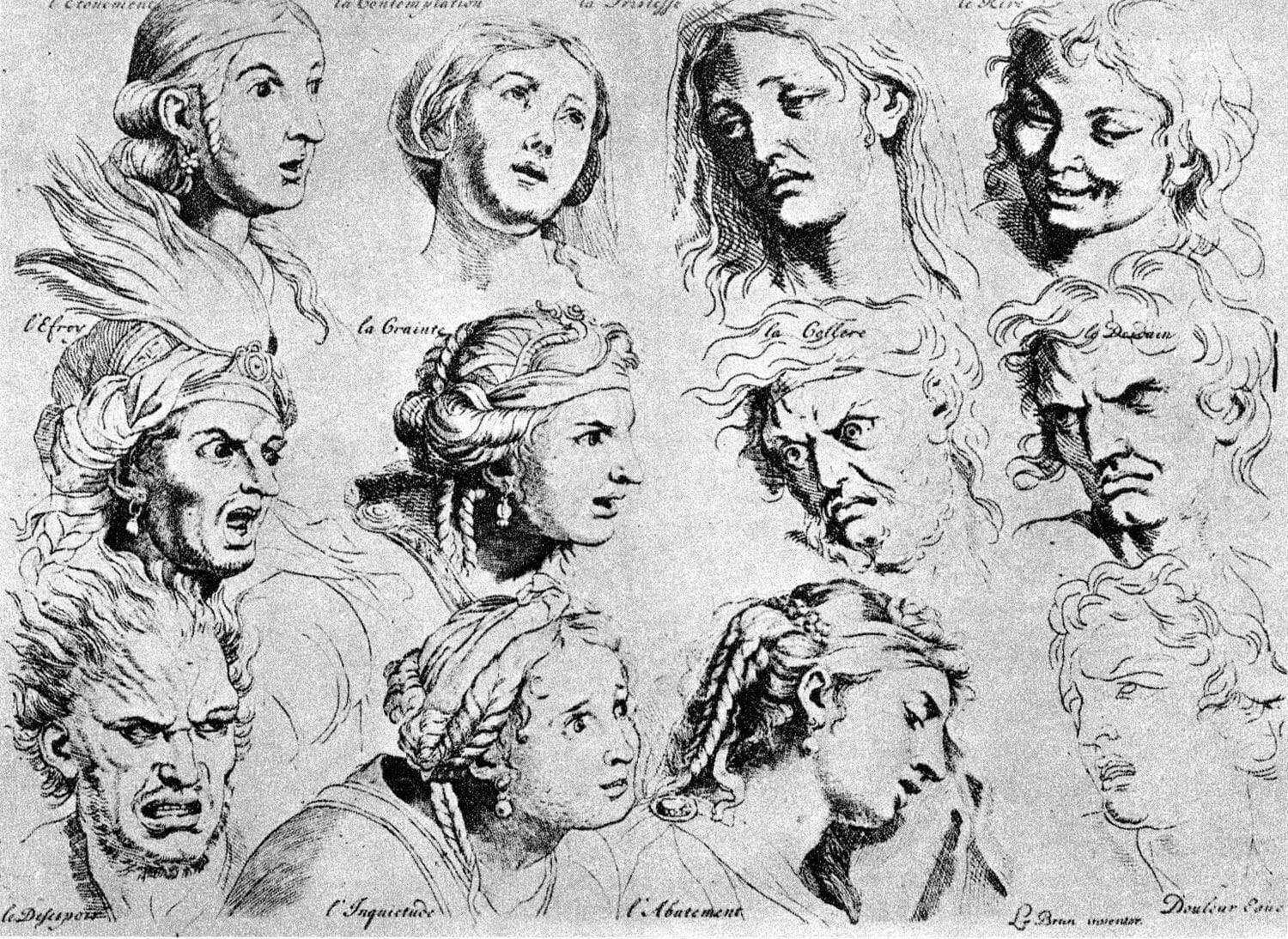│By Georgia Winrow, Gale Ambassador at Lancaster University│
Knowing where to get started with a new undergraduate research project, coursework essay or dissertation can be a daunting task. Whether you are provided with a focus to guide your work or not, getting to grips with collecting your primary source material, reading, analysing, and working out where they fit within your work can seem overwhelming! Luckily, with the Gale Primary Sources digital archives you have a range of search tools at your disposal intended to make the process that bit easier. Through an example research project using Eighteenth Century Collections Online (ECCO), this blog post will outline alternative search tools and resources available in Gale’s digital archives, and how they can be used most effectively when carrying out your own undergraduate research.

